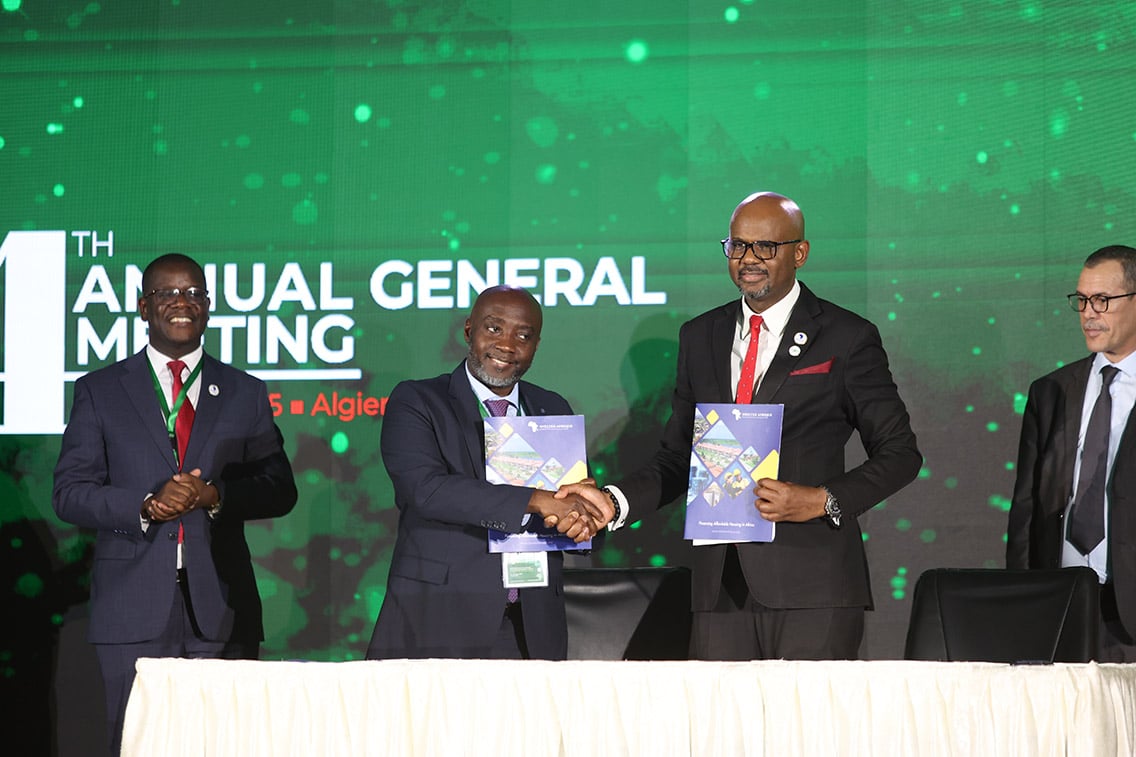This article was produced with the support of Shelter Afrique Development Bank
Discussing financing for its housing policies during the 2025 AGM in Algiers, Meeting delegates placed particular emphasis on the priority of recapitalising Shelter Afrique based on innovative financial tools such as local currency bond issues, credit guarantees and the mobilisation of green financing
The choice of Algiers as the host city for this year’s meeting was an inspired one. With its pioneering role in large-scale social housing programmes, Algeria is an example of successfully coordinating innovative financing approaches with national housing and development policies
Strengthening the bank’s capital base is the foundation for a broader ambition to support the rise of African players in local construction including using materials produced on the continent and the wider use of national housing funds and the deployment of sovereign guarantees.
One of the significant events in Algiers was the establishment of a strategic partnership between Shelter Afrique Development Bank and BADEA.
The latter will mobilise concessional resources and dedicated credit lines, enabling the various shareholder states to significantly increase their stake in Shelter Afrique.
This marks a break with the bank’s previous governance and financial structure and now relies on hybrid public capital including Arab concessional funds and with African multilateral institutions. This arrangement should unlock the funds needed to support the construction of affordable housing.
Shelter Afrique, BADEA and the African Development Bank signed a MOU to strengthen governance, improve project identification and monitoring, and pool expertise. The objective is to consolidate capital and innovate financing in order to create a genuine African housing market capable of withstanding external shocks and accelerating the march towards economic sovereignty in construction.
The battle is far from won, but the collective momentum of the states and institutions gathered in Algiers, at a time of demographic and urban challenges in Africa, bodes well for a profound repositioning of housing finance on the continent.




